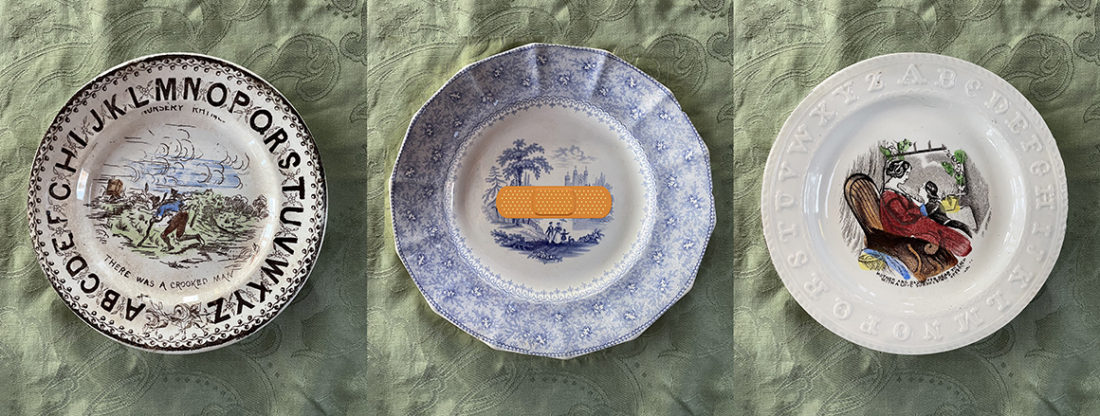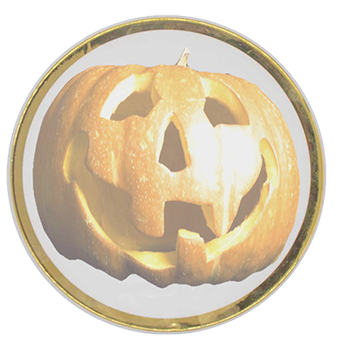I wasn’t sure what the word “crisis” meant, but as I was a child who cried easily, I suspected it had something to do with tears. And “cried easily” was, if anything, an understatement. It happened at least once a day, and almost anything could make me weep. Books, certainly, from Charlotte’s Web to The Velveteen Rabbit. Also, many of the old films broadcast over and over on our black-and-white television. The sight of the beautifully ugly Hunchback of Notre Dame turning to gargoyles and asking despairingly, in the rich tones of Charles Laughton’s voice, “Why was I not made of stone like thee?” Mighty Joe Young, that good-hearted giant ape, climbing up a burning orphanage to rescue a little girl from a window ledge, then falling and lying unconscious on the ground. Even not-so-well-intentioned King Kong, brought down by those miserable airplanes, but still making sure that Fay Wray would survive. Oh, those were all occasions for floods of tears.
But simpler day-to-day frustrations, too, would have the same effect. Did our teacher ask us to take out our crayons and start coloring? I hated merely filling in someone else’s lines, because I wanted to draw a picture of my own. Time to wail. When forced to do “addition problems,” the boredom induced by endless this-plus-this-equals-something sent me into fits of leaky despair that required mopping up with tissues. The daily announcement of recess invariably did it, too. I loathed the so-called playground, where I was the target of classmates who punched me in the arm, whispering angrily, “My mother said, why can’t I get A’s like you?” and who almost always excluded me from jump-rope games and other group activities (pointless though these seemed to me).
I was no more popular in my neighborhood than at school, and this was clear at Halloween. Most children went trick-or-treating in pairs or trios, but I walked from one house to the next on my own and, later in the evening, consumed my candy bars in solitude. Usually, this bothered me, but not the year that my parents brought home a small pumpkin from the supermarket. My father set it on the kitchen counter and carved into it a smiling face.
How could a vegetable look so happy? Miraculously, it did. It was delightful, cheering, and best of all, friendly. In fact, it became my friend. For several days afterwards, I patted it gratefully and talked to it before going off to bed, then raced to greet it again the next morning, when we had breakfast together. I hoped this would be a long-term relationship.
But soon the inevitable happened. I ran into the kitchen and stopped short, staring in horror. Where once all was orange, there was now a greenish mold. Worse yet, my friend’s cheeks had fallen in, its eyes were drooping shut, and its mouth, no longer smiling, was lying nearly flat on the counter. Did I cry? No, I screamed. You could have heard me on the next block.
My mother was a smart woman. She didn’t bother trying to console me, because she knew that wouldn’t work. Instead, she handed me a pencil and a piece of paper from the kitchen drawer where scraps were kept for grocery lists. “Write a poem about it,” she said. So I did. It was my first poem ever—a work of grief and mourning—and it would turn out to be far from my last.
In the decades since then, I’ve known death in many forms. Pets, friends (I did make some eventually), the college professors whom I admired—gone, one by one. My father and my mother, too. I watched their faces sink, cave in, and hollow out. But no loss or transformation ever shocked me like the first or produced such a crisis. Early lessons in helplessness and hopelessness are always the hardest. No amount of weeping makes things better. But sometimes, as I’ve found, writing is a way to cope.
- Jack O’longing - December 11, 2024
- A Little Pandemic Princess - April 1, 2021
- I Am Nothing Like Jane Eyre - April 1, 2021

